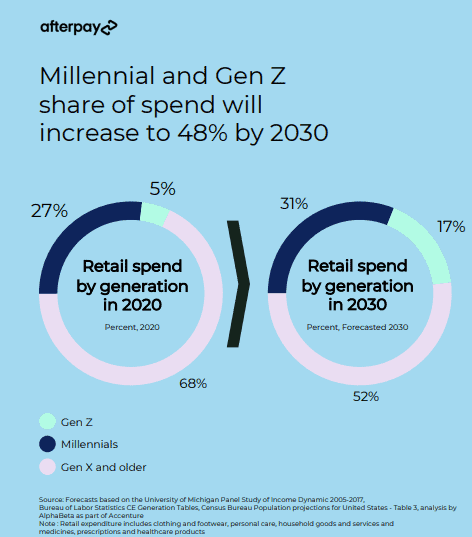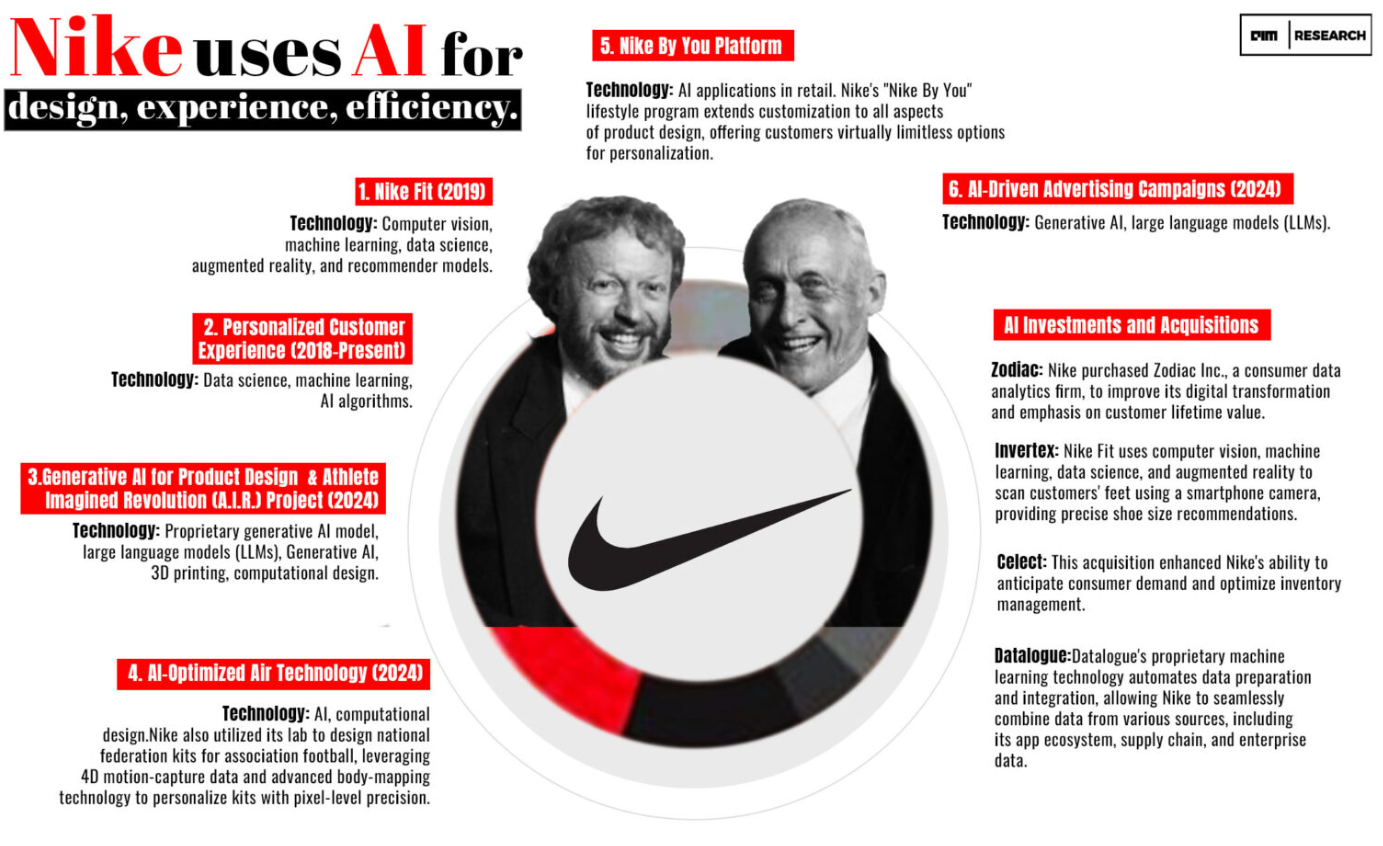Niche Market Segmentation: Strategies for Targeting Gen Z Consumers in Digital Marketing Campaigns
Meta Description: Discover effective strategies for targeting Gen Z consumers through niche market segmentation in digital marketing campaigns. Unlock insights, examples, and actionable tips to boost engagement and drive results.
Understanding Gen Z as a unique consumer group has never been more critical for today’s marketers. With an estimated 2.5 billion individuals globally, Gen Z represents a substantial portion of the consumer landscape, accounting for approximately 40% of worldwide consumer spending. As this demographic matures and continues to assert its influence, it is essential for marketers, business owners, and digital strategists to develop targeted strategies that resonate with their values and preferences.
In this blog, we will delve into niche market segmentation and outline effective strategies for capturing the attention of Gen Z consumers in digital marketing campaigns. With over five years of experience in SEO and digital marketing strategies, I have helped more than 20 companies enhance their outreach and optimize their engagement tactics. Let's explore how to effectively tap into this vibrant and diverse market.
Understanding Gen Z Characteristics
Demographics and Importance
Gen Z, generally defined as individuals born between the mid-to-late 1990s and early 2010s, is a demographic that has grown up with technology at their fingertips. This generation values authenticity, sustainability, and social justice, making them distinct from previous cohorts. For businesses, recognizing the significance of these characteristics is imperative to aligning marketing strategies.
- Population Size: Approximately 2.5 billion globally.
- Current Market Impact: Contributes to around 40% of global consumer spending.

Values Driving Consumption
Studies conducted by well-regarded firms such as McKinsey and Deloitte reveal that approximately 70% of Gen Z consumers consider a brand's environmental policies when making purchasing decisions. Businesses must tailor their messaging to align with these values to foster trust and engagement.
Digital Behavior and Engagement
Social Media Usage
As digital natives, 95% of Gen Z are active on social media platforms, particularly TikTok and Instagram. Understanding their content consumption patterns is crucial to crafting effective marketing campaigns. Engaging content examples include:
- Short videos that capture attention quickly
- Interactive polls and quizzes that encourage participation
Influence of Social Media Personalities
With 70% of Gen Z following influencers, collaborations with niche influencers are essential for brands aiming to connect with this audience. Influencers are perceived as trustworthy, bridging the gap between brands and consumers.
Targeted Marketing Tactics
Segmenting Gen Z
Marketers should utilize effective segmentation strategies to reach Gen Z. For instance, Nike successfully employs personalized marketing techniques, leveraging consumer data to deliver tailored product recommendations that resonate with individual preferences.

User-Generated Content (UGC)
Engaging Gen Z through UGC can enhance a brand's visibility and credibility. The Coca-Cola "Share a Coke" campaign is a prime example, which encouraged consumers to share images of personalized Coke bottles, leading to a significant boost in engagement.
Case Studies and Success Stories
Glossier
Glossier, a beauty brand that gained popularity among Gen Z, emphasizes direct interaction and fosters community-building through social media. Their approach exemplifies how effective communication can lead to brand loyalty.

Bumble
Bumble represents an empowering brand that aligns with Gen Z's values through advocating for women's empowerment, successfully resonating with younger consumers.
Data-Driven Insights
Spending Habits
Insights reveal that 57% of Gen Z prefer shopping online, showcasing the need for e-commerce platforms to cater to their preferences. According to Statista, these insights should guide strategic approaches in marketing, ensuring businesses remain relevant to young consumers.
Practical Guidance and Tools
Recommended Marketing Tools
- Google Analytics: For tracking engagement and identifying trends.
- Hootsuite: To manage and schedule social media content effectively.
- BuzzSumo: Useful for analyzing content performance and identifying influencers.
For gathering insights directly from consumers, platforms such as SurveyMonkey or Typeform can yield significant data regarding Gen Z preferences.
Tailored Content Strategies
Utilizing TikTok trends and hashtags can drive engagement significantly, supported by data indicating how campaigns on this platform achieve high interaction rates. Crafting visually appealing content that tells genuine stories is vital for resonating with Gen Z's desire for authenticity.
Evaluating Campaign Effectiveness
Performance Metrics
To measure success, marketers should focus on several key performance indicators (KPIs), including:
- Social media engagement rates
- Conversion rates for targeted advertising
- Customer loyalty indices to determine repeat business
Commitment to Learning
Brands that continuously seek consumer feedback can adapt their marketing strategies effectively, evolving in real-time to align with Gen Z's dynamic preferences.
Conclusion
Targeting Gen Z consumers in digital marketing campaigns necessitates a comprehensive understanding of their distinctive values and behaviors. By employing niche market segmentation, marketers can craft tailored strategies that enhance engagement and drive sales. As Gen Z's impact on the market continues to grow, it is paramount for businesses to stay informed and agile.
Embrace the challenge of connecting with this vibrant demographic, and explore further insights on marketing strategies. Find additional resources by signing up for our newsletter or check out related articles, ensuring you remain at the forefront of digital marketing trends.
